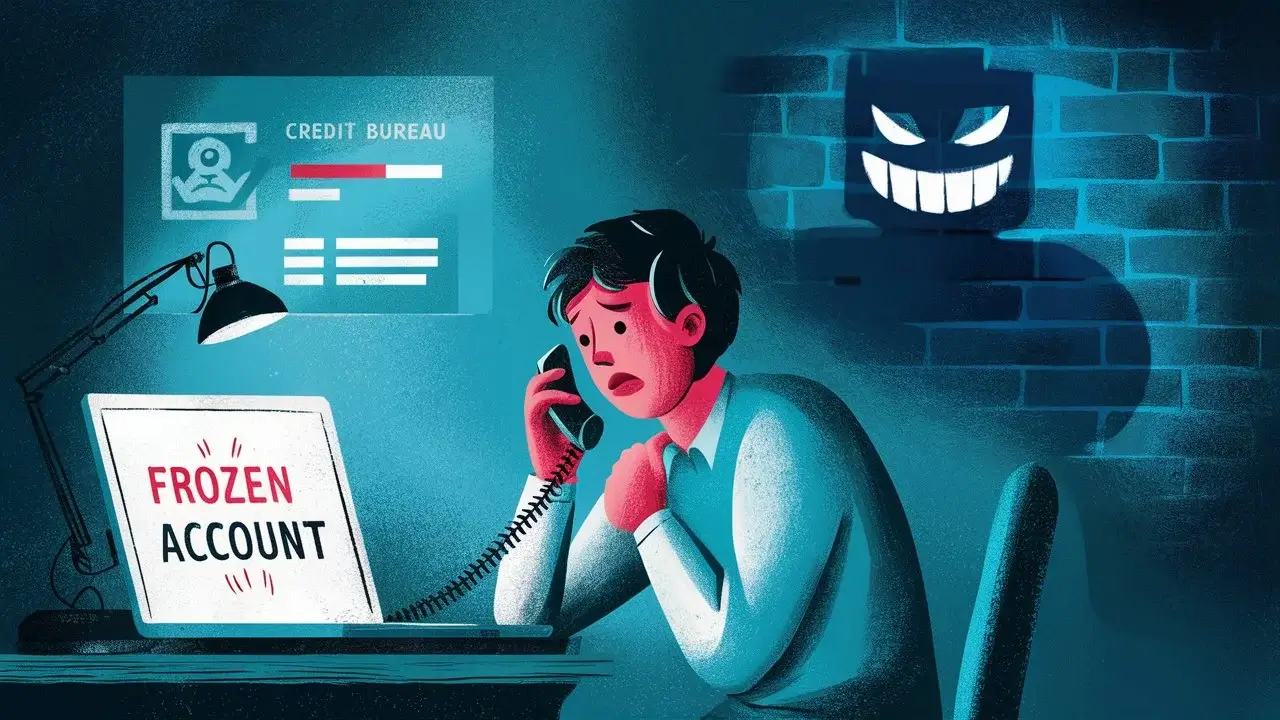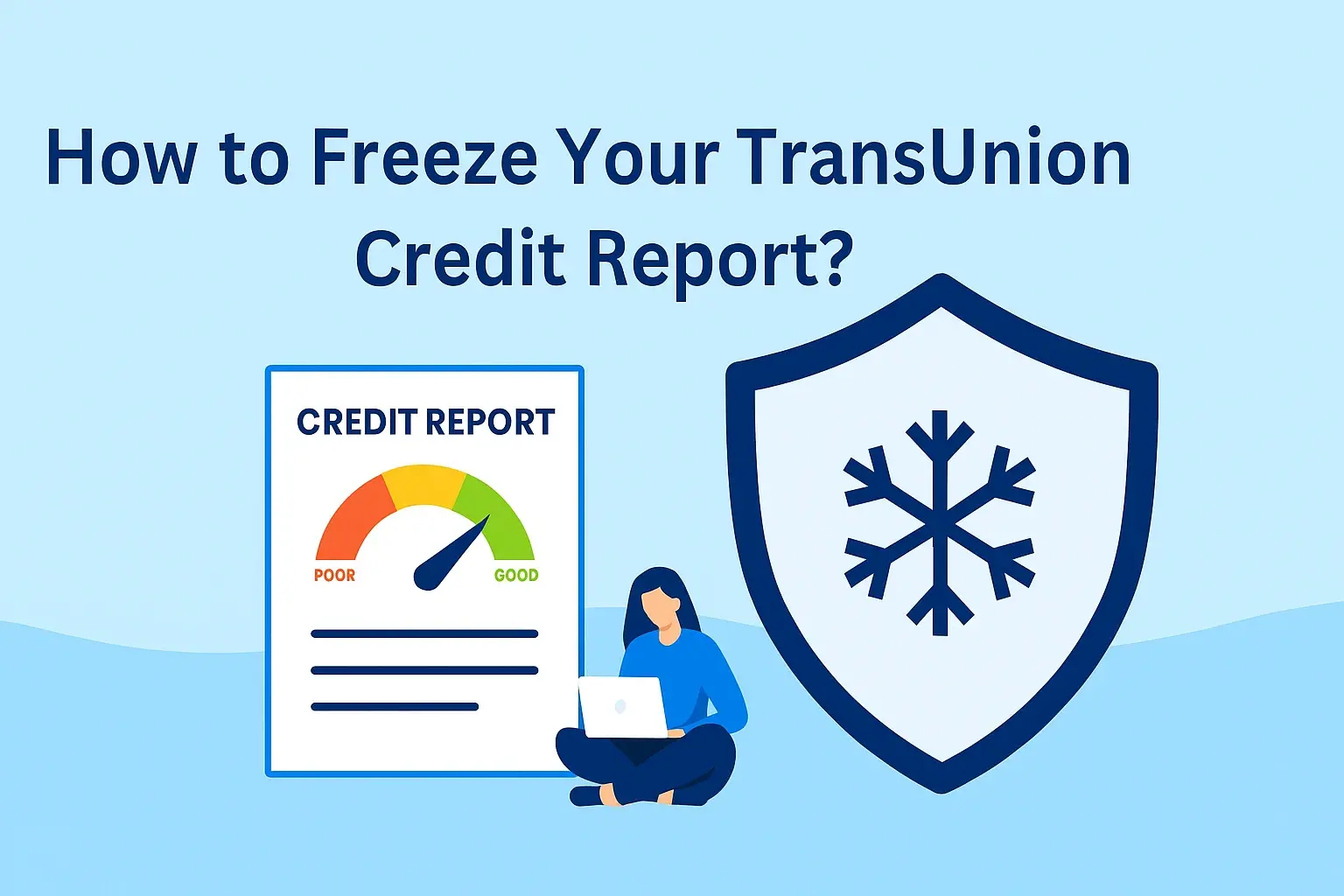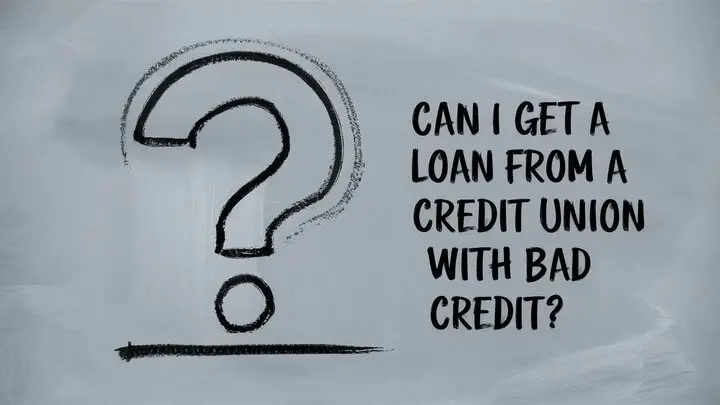-
Posted on: 26 Jul 2024

-
This form of crime has gradually risen in the recent past, whereby one’s details are stolen. Losing one’s identity with fraudsters opening up accounts using the data found online is worrying and that is why everyone wants to protect their identity. When you are wondering whether you are a candidate for identity theft, there is something you can do: freeze your credit. Here is a breakdown of credit freezes and how they work to protect individuals against identity theft and fraud.
A credit freeze is a concept that is not very well understood by most people, and this is likely because very few people have had to use this form of protection against identity theft.
Credit freeze or security freeze enables you to lock your credit report and score so you can protect yourself from identity theft. This keeps other people such as lenders and others from getting to your file when they are making some decisions such as opening accounts. When a borrower tries to obtain credit in your name, the freeze helps to reduce the chances of them being issued credit as the potential creditor cannot check your creditworthiness. Thus while it doesn’t protect from identity theft that is already active on the accounts it does halt the criminals from creating any new bogus accounts.
When you put a freeze on your credit files with the three major credit reporting agencies Equifax, Experian, and TransUnion, you add a hurdle that the criminals cannot easily jump as they seek information on you to carry out the fraud. You are the only one who can freeze or thaw the credit file when you would like other potential credit checkers to access the file. This enables you to decide when your information is released and, thus, exclude fraudsters. They suggest that freezing credit is another very effective tool in protecting against identity theft.
When is it appropriate to freeze credit
If you have symptoms that your credit information was stolen or if there is any activity on the credit you have already had, the freezing of the credit helps prevent any further loss. Here are signs you may want to freeze your credit reports: Here are signs you may want to freeze your credit reports:
- A notification is received stating that your information has been compromised in a data breach. Wherever you do business with a company that has been hacked or had a data breach, they are mandated to notify you. Such a notification implies that your data or credit/debit card number is now at the mercy of hackers on the dark web.
- You find fake credit or debit card charges or new accounts have been created in your credit card account. The criminals can use the stolen details to defraud credit cards and go on a borrowing spree with the identity of the owner. In cases where you get to detect fraudulent activity before it develops into new accounts, you become open to further exploitation.
- Even though some accounts were reported on your credit report and some inquiries that you never authorized. In particular, it is advisable to read them when you obtain copies of your credit reports. If there are hard credit inquiries or new accounts that you have personally never heard of, then you are most probably a victim of identity theft.
You get bills/collection notices for products/services that you never ordered from the company or signed up for. It is not uncommon for criminals to impersonate the real person in other to access essential services such as utility bills, medical attention, or even make large purchases with the identity of the real person. Identification of unrecognized bills may be suggestive of a stolen identity.
How do Credit Freezes Work and What Are the Advantages and Disadvantages
The major advantage of freezing your credit is that it prevents fraudsters from accessing your credit reports or scores when applying for a new credit or utility service. This helps to ensure that they are not able to go and open various accounts that you did not approve and then start accumulating debts. Freezing credit is perhaps a way of erecting a barrier against rampant identity theft, which prevents a major loss.
However, there are some downsides to understand as well before freezing your credit files: However, there are some downsides to understand as well before freezing your credit files:
Pros:
- Hinders the creation of new accounts when you are not the one who initiated the process.
- Prevents you from getting your credit reports/scores for evaluating the eligibility for credit.
Free for customers who seek to place an alert on their credit reports after being victims of identity theft, armed with a police report.
Cons:
- This is not necessarily free in all states as charges can range from $3 to $10 to place or lift a freeze at a bureau.
- May require up to 72 hours to have the freezer’s temperature fully set.
- This you must do when applying for credit or any other genuine reason that may require you to lift the freeze.
- does not deter them from committing fraud on the existing accounts
How to Place Security Freeze on Your Credit
Procedures have been made easier through change of laws in that consumers can easily freeze and thaw credit files online or using mobile application through the three bureaus. Here are the basic steps involved: Here are the basic steps involved:
- Call all three credit bureaux (Equifax, Experian, TransUnion) and ask them to put your files on freeze. This stops the bandwidth from being the key to your reports and scores.
- You will set a PIN code or password of your discretion and no one else knows it. This will be necessary to lift the freeze occasionally as envisaged, for some calculated and constructive purpose.
- The credit bureaus have to place the freeze within business days of being notified. To ensure all the agencies you provided reveal that your files are frozen, check your status online.
- If you plan to apply for credit, a loan, apartment, insurance, or any other service that may involve a credit check, log in and raise the freeze for a certain number of days before applying. Just ensure that the reports are returned to the freezer after some time Use of such techniques ensures that food is well preserved before consumption.
Freezing your credit is in most cases a very simple, fast process and is one of the best ways to prevent new account identity theft. In case you have any doubt regarding your personal information being stolen or if you notice that the credit files contain fraudulent data, do not wait to freeze them. What you need to do is ensure that you fully comprehend the benefits, drawbacks, and procedures surrounding this effective early process. They may keep freezing your accounts, spending money on your behalf and if you have an additional freeze barrier they cannot continue doing so.
Call (888) 803-7889 today to repair your credit and secure your financial future!








